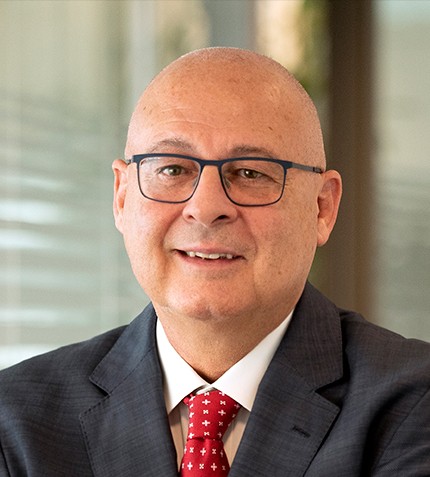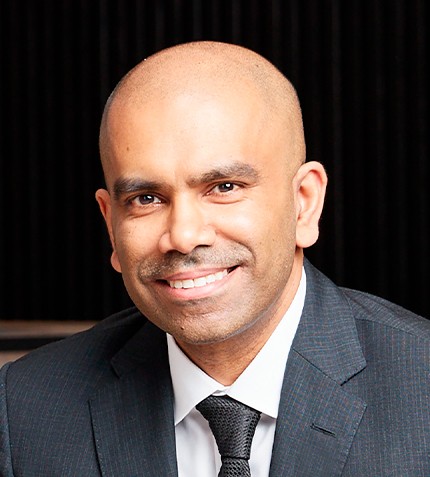
"I believe the success of this project is as important to the country as it is to us."
David Turvey
MANAGING DIRECTOR, KOGI IRON LIMITED
Could you introduce Kogi Iron to our audience, explaining the recent change in the company’s focus?
Kogi Iron is an Australian listed company with a presence in Nigeria for the past eight years. We have been successful in discovering an iron ore deposit at our Agbaja project, for which we released a Pre-Feasibility Study (PFS) in 2014 on production and export of iron ore concentrate. Nevertheless, due to a difficult iron market and the costs of building additional infrastructure, the board decided to integrate the ore deposit into a steel producing facility, the first of its kind in the country. It is surprising to find out that Nigeria, Africa’s biggest economy, is such a large importer of scrap steel, re-melting and fabricating steel products on a needs-based level. The domestic economy is highly susceptible to oil prices, so it is important the country develops indigenous steel production instead of paying high prices for imports. Kogi Iron identified an opportunity to become a pioneer in this sense.
What milestones do you hope to achieve next?
Kogi Iron will make steel billet to supply local fabricators. The other milestone will be to obtain an industrial scale process guarantee from an international refining group because this is a main technical risk financiers identify. We want to remove this technical risk early on.
Regulatory wise, the beauty of the Mining Act in Nigeria is that it combines both steel and minerals under the same legislation and the same minister, so we are allowed to build our steel plant on our mining tenements. There are two key policy aspects we need to establish: We need to negotiate a gas-supply contract which will make Agbaja a cost-competitive, gas-fired project allied to renewable energy options. Secondly, as pioneers in this industry, we are liaising with the government for the introduction of a market entry policy. The project has been regarded as one of national significance, and we have been fully transparent in committing to pricing at import-parity, basically offering supply certainty to local steel fabricators at comparable or discount on import prices.
What challenges does Nigeria have to face to grow its mining industry?
In the mining sector, there have been strong initiatives in the past five years, including improved capacity and functions of the Mines Department, especially the mining titles department that issue licenses for exploration and mining. Nigeria resembles Indonesia post-independence; a country that grew from, effectively, a military-backed regime to a world-class exploration and mining jurisdiction. This is a 30 years process, and I think Nigeria is 10 years into it, so the next decade will be pivotal in its ability to fast-track investment. The most important thing is for Nigeria to have a functional policy and the security of ownership to support mining and related industrialization with returns to all stakeholders.
Could you share some of the work done as part of your community relations program?
An admirable aspect of Nigerian mining industry policy is that they enshrined a Community Development Agreement (CDA) at an early stage within their mining act. I find this measure to be essential. Kogi Iron has established our CDA and has spent funds in education, health, infrastructure and training programs. Our iron ore deposit is found at the top of the Agbaja plateau, which hosts around 50 widely dispersed villages with a total of about 4,000 people. What I find heartening is the way that our local management team at KCM Mining has interacted with the chiefs of the local communities there, to provide clear communication and to understand their needs. Because water was a big issue in some of these remote and poor villages, we constructed water wells. Also, we carried out palliative road maintenance to provide safe, all weather access.
Do you have a final message?
I believe the success of this project is as important to the country as it is to us; we want to be a pioneer, and for this, we need a gas contract that will help our cost structure to be very competitive and spark interest in the region. With a functional and supportive market entry policy, Kogi Iron makes a compelling investment choice.










